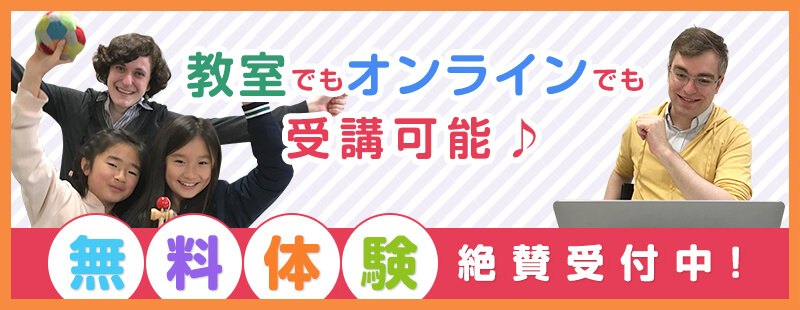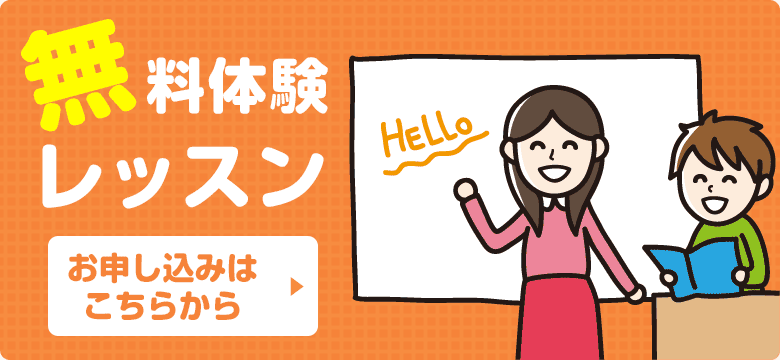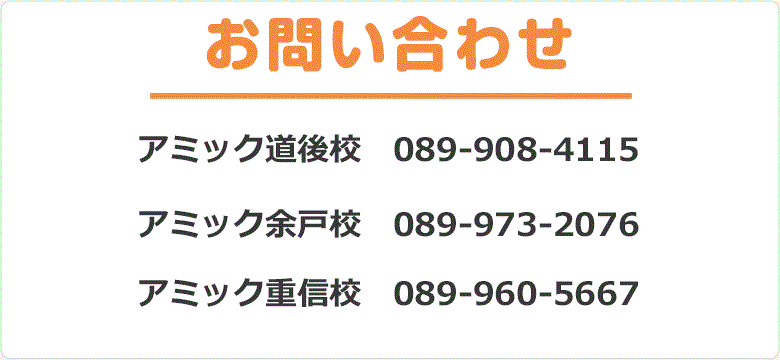カテゴリー:未分類
The Singing Butler: Just A Real Nice Painting
For some reason, I’ve always been a fan of the following painting:

I’d seen it online and in cafes, but I never knew the painting had a name or a controversial history until today. It’s called The Singing Butler and it was painted by Jack Vettriano in 1992. I’m not sure what draws me to this painting, most art critics (and Jack Vettriano himself) would say that the painting is not very good. I don’t stand alone in my admiration, however; reproductions of The Singing Butler are apparently the best selling art-print in the United Kingdom.
There’s something undeniably romantic about the painting. There’s an air of mystery and your brain is forced to fill in the blanks. I like to imagine the maid anxiously calling out for the couple to stop dancing right now because they’ll ruin in their lovely clothes in the sea spray and the rest of the dinner guests will be looking for them and they’ll just catch their deaths in the rain. The couple pays her no mind as the butler continues to serenade them (I imagine he’s singing “Bella Notte” from Lady and the Tramp), spinning in wide circles with his umbrella as a dance partner. The couple themselves are old friends and the twilight holds the possibility of a rekindled relationship…or not. Tonight, they are together and laughing like old times and that’s all that has always mattered.
Where, In the World (Are These Random Places?) – 英会話・英語 アミック
At Amic’s Ishii location, there is a large and fantastically-detailed map covering the front wall of the lobby. As a lifelong map lover, I can easily spend way too much time walking back and forth, exploring the map for new cities, mountain ranges, and islands I have never heard of.
Sometimes I like to look these places up on Wikipedia and Wikitravel just to see what comes up. Other times I do similar random exploration just by zooming in on random places in Google Maps; here are three of my recent “discoveries”:
South Georgia Island: Situated in the South Atlantic about 1000 miles/1600 kilometers east of the Falkland Islands, this British overseas territory has snow cover eight months out of the year. Only about 20 people live there, outnumbered drastically by the literal millions of penguins, reindeer, seals, albatross, and countless other animal species that call the island home. Until recently the island also had a major rat problem, but after a mass extermination effort that involved dropping poisonous bait from helicopters, scientists say the island is once again rodent-free.
Ushakovskoye: A now-deserted settlement on Russia’s Wrangel Island in the far north east of the country, just a few hundred miles from Alaska. The settlement was established in 1920s by the Soviets essentially to keep Britain and America from doing the same. Despite having temperatures that rarely get above freezing, the settlement grew to have electricity, an airport, and even a museum of natural history. Eventually the settlement stopped being subsidized and most residents moved back to the mainland, save for the town’s final resident, who was killed by a polar bear in 2003.
Mount Nyiragongo: Resting on the Rwanda-Democratic Republic of the Congo border is conical volcano Mount Nyiragongo. Its main crater spans over 2km wide and within lies a lava lake that volcanologists think might be the deepest in recent history. Extremely active, the volcano’s lava flows can reach speeds up to 100kmh/60mph and in 2002 it erupted so powerfully that it caused a series of earthquakes in the area that continued off and on for three months.
Wordnesia: Oh, word? 英会話・英語 アミック
Have you ever stared at a word so long or seen it repeated so often that you start to doubt that it’s actually a word? This morning I had to convert a few files into one pdf and took to naming the files “content 1”, “content 2”, and so on. That’s when it hit me–content is a really strange word. Has it always looked so strange? Is it pronounced with the stress on the first syllable or the second? Does the stress on the syllable actually change the meaning of the word? Was I even spelling it correctly? What the heck was a content anyway? I became convinced that I was making up the word. I felt that it looked deeply wrong despite not getting the squiggly red line under the word. What the heck was going on?! Before I had an epic word meltdown, I took a trip to Google to make sure I wasn’t the only one affected by this phenomena.
According to Matthew J.X. Malady, an Slate columnist/super villain, this condition is called “wordnesia” and it happens to the best of us, even linguists and professors! According to Malady’s article,
“James contended that our conscious experiences are made up of components he referred to as the nucleus and the fringe. The nucleus consists of sensory information that we discern easily and have no trouble perceiving (the individual letters that make up words, for instance) while the fringe entails more nebulous experiences or responses that help inform fully developed thoughts. Fringe-type sensations involving familiarity, significance, and correctness would appear to be critical in connecting all the dots when reading and writing, but in some instances the signals can get crossed. Sometimes, as Epstein says, “the fringe provides a sense of ‘wrongness’ when it should be providing a sense of ‘rightness.’ ”
To put it simply, while we’re going about our reading and writing business, there seems to be a small hiccup in our brain that says “This word isn’t right!” To put it even more simply, no one knows definitely why this happens to us. The good news is that the symptoms don’t seem to last very long and I was back to converting files in no time! Has wordnesia ever affected you?
英会話・英語 アミック Raise vs rise
Raise vs rise
Both raise and rise refer to something going up, but there is a difference.
Raise
Raise needs a direct object – if you raise something you move it up. It has both literal and non-literal meanings and it is a regular verb, so it’s past and past participle forms are raised.
- I raise my eyebrows when I’m surprised.
- The government plan to raise taxes.
- He raised his voice at me in anger, but I forgave him.
Rise
Rise does not take a direct object – things rise or go up by themselves. Rise is an irregular verb so the past form is rose and the past participle is risen.
- The sun rises at 6a.m.
- The water level rises twice a day because of the tide.
- The bird rose into the air and flew away.
10 Ways To Say ‘Can You Say That Again?’ – 英会話・英語 アミック
In English, there are many ways to have your speaking partner repeat themselves if you didn’t hear what they said. Some of these are pretty colloquial, but try out the following the next time you are speaking to a native English speaker and need them to repeat something.
- “Can you say that again?”
- “What did you say?”
- “One more time, please.”
- “Can you repeat that?”
- “I’m sorry?”
- “What now?”
- “Can I hear that again?”
- “Pardon?”
- “I beg your pardon?”*
- “I didn’t catch that, can you say it again?”
*use only if you think the person is saying something offensive or surprising.












